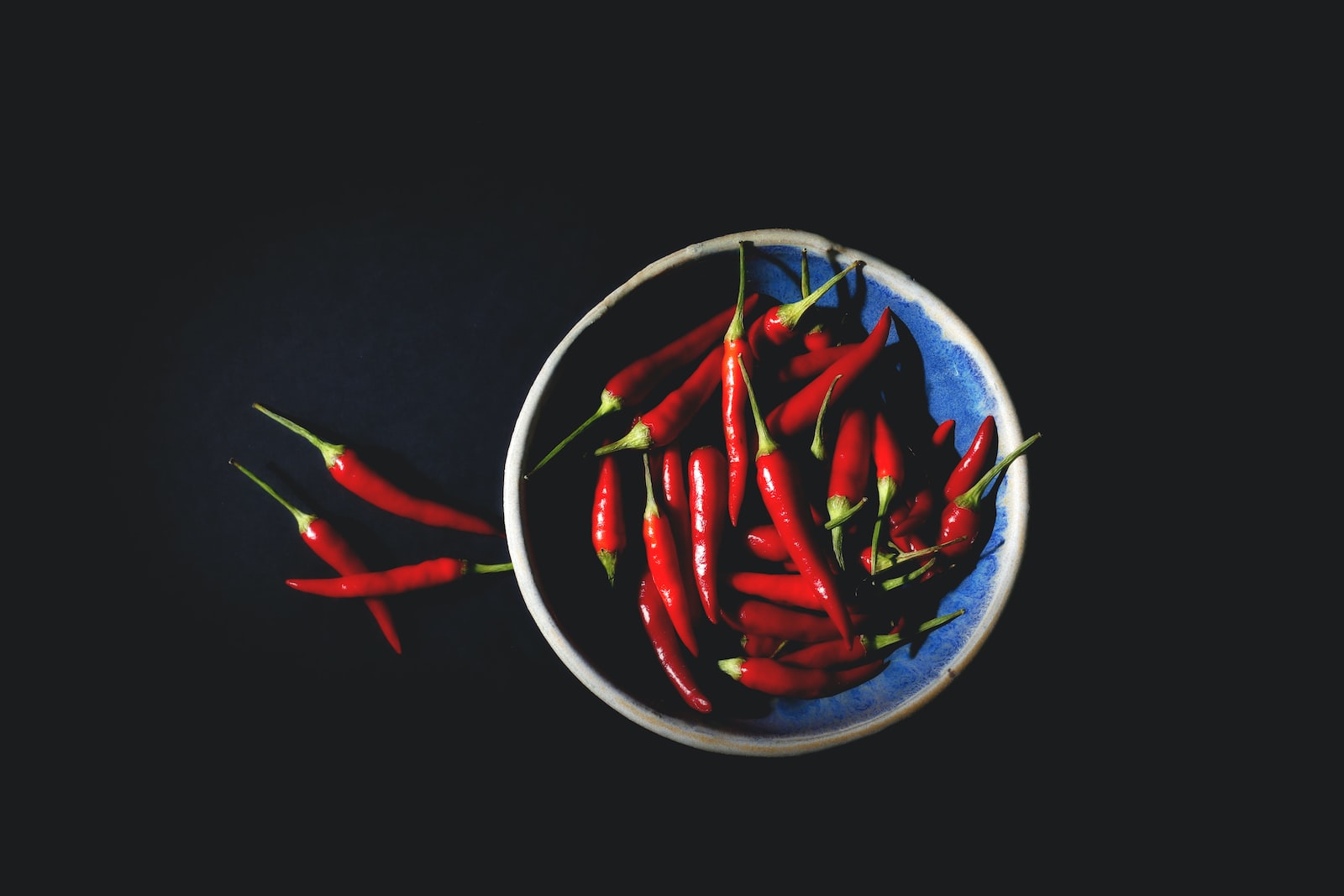おはようございます。KANOです。今回はこちらの記事から。

元記事の写真がどれも芸術的。唐辛子って水耕栽培できるのかな…でも料理しないから使い道ないか…。
charred
意味 [通例[名]の前で]ひどく焼け焦げた, 黒焦げの.
Finally, they broke into a Thai restaurant and emerged with a nine-pound pot of charred chiles.
www.nytimes.com
surge
意味 〈数値などが〉 急増する, 急騰する
But in the first year of the pandemic, sales of hot sauce in the United States surged by 24.6 percent, as tracked by Nielsen data.
www.nytimes.com
fall back on A
意味 A〈人· 物〉を (最後の) より所にする; (最善の手段を講じず)A〈安易な方法など〉に頼る (resort to) (受け身にしない)
With restaurants closed for indoor dining across much of the country, many Americans had only their own cooking to fall back on.
www.nytimes.com
そっか、自炊やデリバリーが増える=自宅で色んなソースを試したくなったのか。なるほど。
issue
意味 (議論される重要な) 問題 (点), 論点, 争点 ; (検討を要する) 問題
For the next four months, while negotiating supply-chain issues, the company maintained a waiting list of more than 30,000 potential customers.
www.nytimes.com
weep
意味 (かたく/文) 〈涙〉を流す
It’s only an illusion of heat, and still we weep.
www.nytimes.com
commoner
意味 (貴族に対して) 平民, 庶民.
A food of the people, they were adopted by commoners in Asia and Africa who ate them perhaps simply because they liked them.
www.nytimes.com


